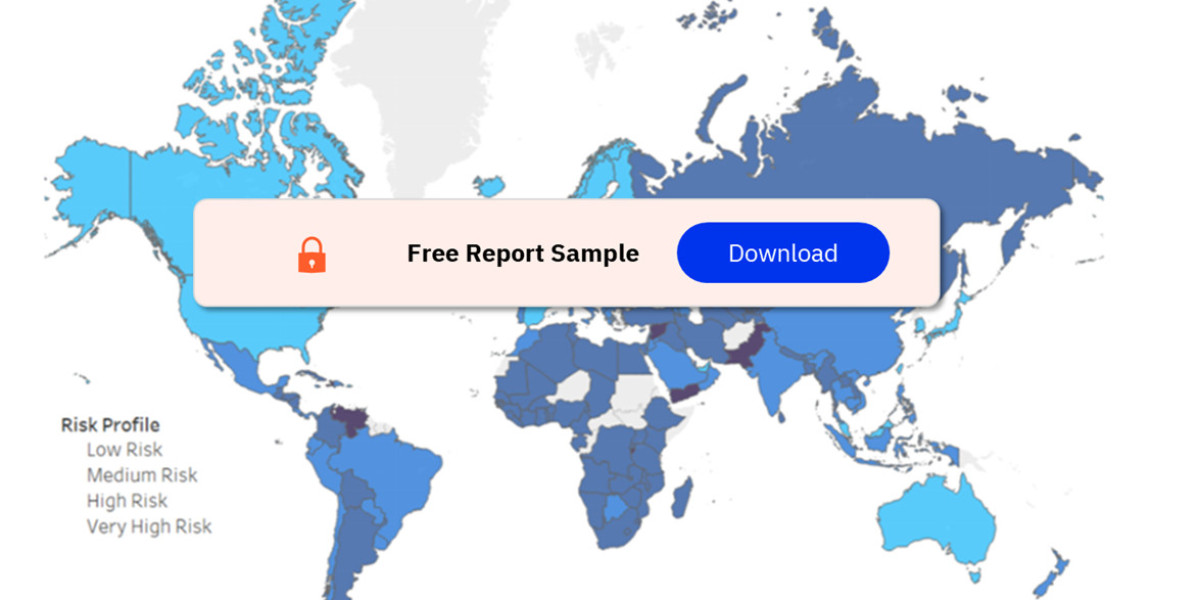The World Economic Forum's (WEF) Global Risks Report 2024 raises a red flag – cyber threats are not just a technical nuisance, they are a growing concern with potentially devastating consequences.

Buy Full Report to Get More Insights Into The Global Risk Heat Map
This analysis explores the report's perspective on cybersecurity threats and why they deserve our urgent attention.
From Niche Concern to Systemic Threat:
- Shifting Landscape: Previously viewed as a primarily financial or technical issue, cybersecurity risks are now recognized as potentially crippling to entire systems and infrastructure. Cyberattacks can disrupt critical services, manipulate financial markets, and even undermine national security.
- Cascading Effects: The interconnectedness of the global economy and infrastructure means a successful cyberattack on one entity can have cascading effects, impacting everything from energy grids and transportation networks to healthcare systems and financial institutions.
- Weaponization of Cybercrime: The report warns of the increasing sophistication of cybercriminals, with some attacks backed by nation-states. This weaponization of cybercrime poses a significant threat to international security and stability.
Specific Threats Highlighted:
- Ransomware Rampage: Ransomware attacks, where hackers encrypt data and demand a ransom for decryption, are becoming more frequent and sophisticated. These attacks can cripple businesses and public institutions, causing significant financial losses and operational disruptions.
- Supply Chain Attacks: Cybercriminals are increasingly targeting vulnerabilities in global supply chains, compromising the integrity of software and hardware used by businesses and governments worldwide.
- Emerging Technologies, Evolving Threats: The rise of new technologies like artificial intelligence (AI) and the Internet of Things (IoT) creates new attack surfaces for cybercriminals. Securing these emerging technologies is crucial to prevent widespread disruption.
A Call for Collective Action:
- Public-Private Partnerships: The report emphasizes the need for closer collaboration between governments and the private sector to develop comprehensive cybersecurity strategies. Information sharing, threat intelligence, and joint defense initiatives are critical for collective defense.
- Investing in Cybersecurity Infrastructure: Investing in robust cybersecurity infrastructure, including secure software development practices, strong data encryption, and skilled cybersecurity professionals, is vital for national security and economic prosperity.
- Building a Global Cybersecurity Norm: The report calls for establishing international norms and regulations for responsible behavior in cyberspace. This includes promoting responsible disclosure of vulnerabilities, deterring state-sponsored cyberattacks, and fostering a culture of cybersecurity awareness among citizens and businesses globally.
Conclusion:
Cybersecurity threats are not going away. As the WEF report warns, these threats are a growing concern with the potential to cause widespread disruption and instability. By recognizing the gravity of the situation, fostering collaboration between governments and industry, and investing in a robust cybersecurity posture, we can work towards a more secure digital future for all. The time for action is now.



